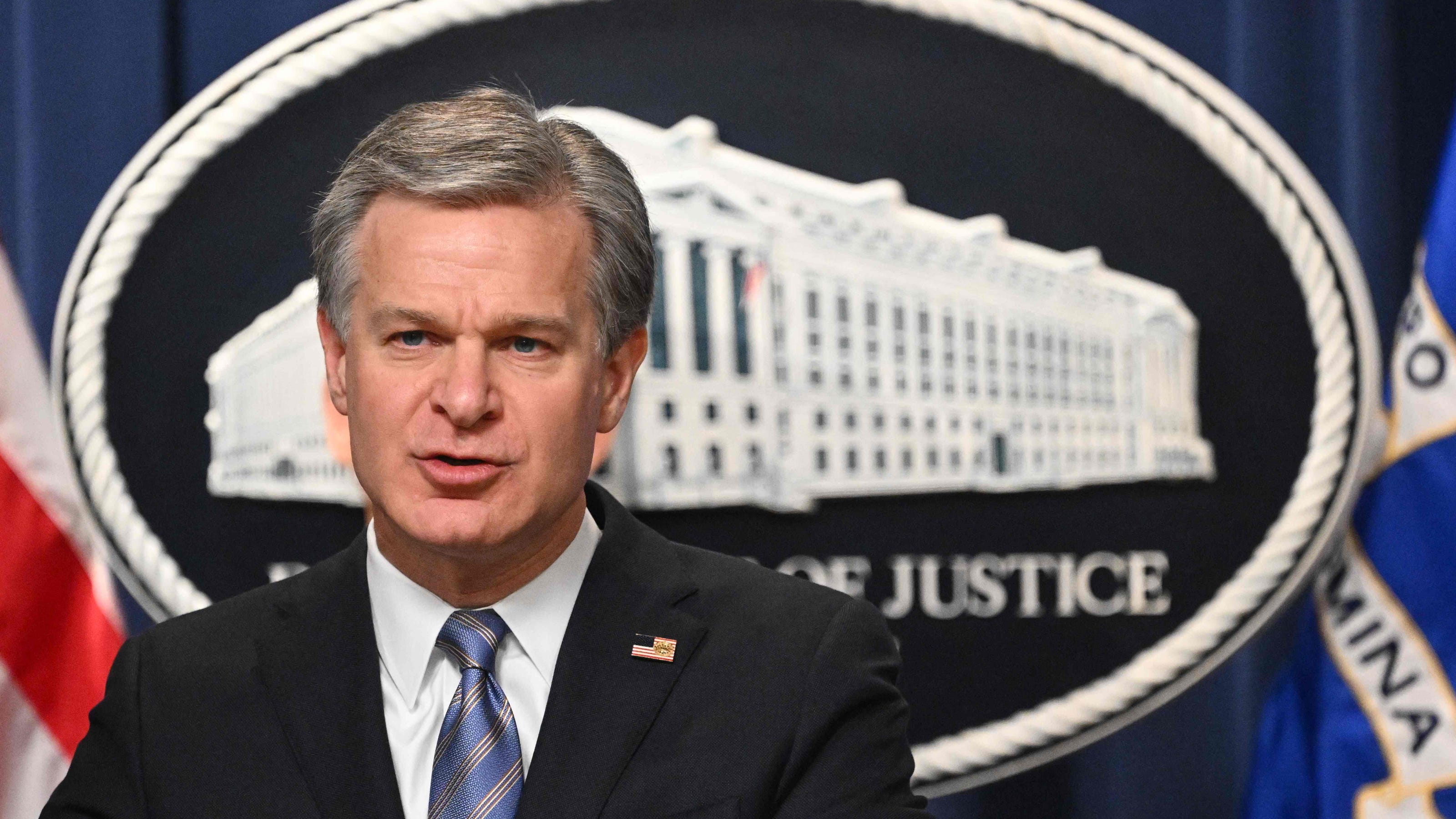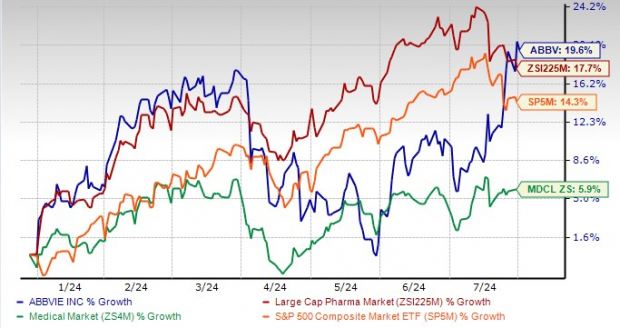The Zuckerberg-Trump Dynamic: Impact On Technology And Society

Table of Contents
Background: Mark Zuckerberg, the founder and CEO of Facebook (now Meta), controls one of the world's most powerful social media platforms, wielding immense influence over information dissemination and public opinion. Donald Trump, the 45th President of the United States, leveraged social media, particularly Facebook, to communicate directly with his supporters and shape political narratives. Their interaction, often characterized by tension and disagreement, has left an indelible mark on society. Key moments include the Cambridge Analytica scandal and Facebook's ongoing struggle to regulate political advertising and misinformation on its platform.
This article aims to analyze the profound impact of the Zuckerberg-Trump dynamic on technological advancements, social media usage, political discourse, and democratic processes. We will examine the consequences of their intertwined influence, exploring both the opportunities and the considerable challenges that have arisen.
The Cambridge Analytica Scandal and its Fallout
The Cambridge Analytica scandal stands as a pivotal moment in the Zuckerberg-Trump dynamic, exposing the vulnerability of personal data and the potential for manipulation in political campaigns.
Data Privacy Concerns and Erosion of Public Trust
The scandal, which involved the harvesting of millions of Facebook users' data without their consent, severely damaged Facebook's reputation and eroded public trust. This breach highlighted the critical need for stronger data privacy regulations.
- Key Consequences:
- Substantial fines levied against Facebook.
- Implementation and strengthening of data privacy regulations like the GDPR (General Data Protection Regulation) in Europe.
- Increased scrutiny of social media platforms and their data handling practices worldwide.
- Heightened awareness among users about data privacy and online security.
The Role of Political Advertising and Manipulation
Cambridge Analytica's use of Facebook data to create targeted psychological profiles of voters and influence their choices raised serious concerns about the integrity of elections. The scandal demonstrated how easily personal data can be exploited for political manipulation.
- Examples of Manipulation:
- Micro-targeting of specific voter demographics with tailored political messages.
- Use of emotional appeals and divisive rhetoric to sway public opinion.
- Spread of misinformation and propaganda through targeted advertising campaigns.
- The ongoing debate about the regulation of political advertising on social media.
Facebook's Role in the Spread of Misinformation
The Zuckerberg-Trump dynamic is inextricably linked to the spread of misinformation and its impact on political discourse.
Trump's Use of Facebook and Social Media
Donald Trump's direct and often controversial communication style on Facebook and other social media platforms significantly impacted public opinion and fueled political polarization. His posts frequently challenged established facts and promoted conspiracy theories.
- Examples of Controversial Posts:
- Spreading unsubstantiated claims about voter fraud.
- Using inflammatory language to incite division among the population.
- Promoting conspiracy theories and misinformation related to various political and social issues.
- The persistent challenge of accurately identifying and moderating such content.
Facebook's Efforts (or Lack Thereof) to Combat Misinformation
Facebook's response to the spread of misinformation on its platform has faced intense criticism. The company's efforts to combat fake news and harmful content have been met with challenges, raising questions about its effectiveness and accountability.
- Challenges Faced by Facebook:
- Balancing free speech principles with the need to prevent the spread of harmful content.
- Developing and implementing effective algorithms to detect and remove misinformation.
- Dealing with the scale and sophistication of misinformation campaigns.
- Responding to accusations of bias in content moderation policies.
The Impact on Political Discourse and Democracy
The Zuckerberg-Trump dynamic has significantly impacted political discourse and democratic processes.
Polarization and the Echo Chamber Effect
The interaction between Zuckerberg and Trump contributed to the increasing polarization of political discourse. Social media algorithms, designed to maximize user engagement, inadvertently create "echo chambers" where individuals are primarily exposed to information confirming their existing biases.
- Consequences of Polarization:
- Increased online harassment and abuse.
- Spread of divisive narratives and conspiracy theories.
- Erosion of trust in mainstream media and institutions.
- Difficulty in fostering constructive dialogue and compromise.
The Future of Political Campaigns and Online Communication
The long-term implications of the Zuckerberg-Trump dynamic for political campaigns and online communication are profound. The future will likely see increased regulatory scrutiny of social media platforms and a greater emphasis on media literacy.
- Predictions for the Future:
- Stricter regulations on political advertising and data usage.
- Further development of algorithms to combat misinformation and promote more balanced information flows.
- Increased investment in media literacy education to empower citizens to critically evaluate online information.
- Evolution of social media platforms towards greater transparency and accountability.
Conclusion: Understanding the Lasting Legacy of the Zuckerberg-Trump Dynamic
The Zuckerberg-Trump dynamic has undeniably left a significant mark on technology, society, and political processes. The Cambridge Analytica scandal exposed vulnerabilities in data privacy, while Facebook's role in the spread of misinformation highlighted the challenges of content moderation in the digital age. The resulting political polarization and the erosion of trust underscore the critical need for stronger regulations, increased media literacy, and a more responsible approach to social media usage. We must learn from the past to navigate the future wisely. Understanding the intricacies of this dynamic is crucial to safeguarding democratic processes and ensuring a more informed and responsible digital landscape. Continue to research the implications of the Zuckerberg-Trump dynamic and advocate for positive change in online communication and political discourse.

Featured Posts
-
 Benson Boones I Heart Radio Music Awards 2025 Outfit Photo 5137819
Apr 26, 2025
Benson Boones I Heart Radio Music Awards 2025 Outfit Photo 5137819
Apr 26, 2025 -
 Lab Owner Convicted For Falsifying Covid Test Results During Pandemic
Apr 26, 2025
Lab Owner Convicted For Falsifying Covid Test Results During Pandemic
Apr 26, 2025 -
 Phoebe Gates Facing The Realities Of Being A Nepo Baby
Apr 26, 2025
Phoebe Gates Facing The Realities Of Being A Nepo Baby
Apr 26, 2025 -
 Strong Q Quarter Number Results For Abb Vie Abbv Revised Profit Guidance Reflects Success Of New Medications
Apr 26, 2025
Strong Q Quarter Number Results For Abb Vie Abbv Revised Profit Guidance Reflects Success Of New Medications
Apr 26, 2025 -
 Uk Wind Energy Auction Reforms Vestas Highlights Investment Threat
Apr 26, 2025
Uk Wind Energy Auction Reforms Vestas Highlights Investment Threat
Apr 26, 2025
